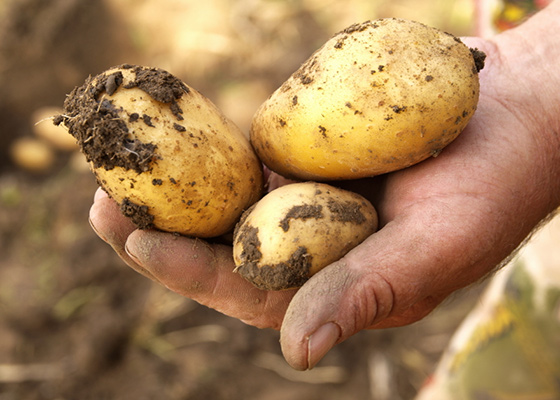A different perspective
So, here’s an interesting question. Would you buy your farm? Not as in would you buy the land but rather, in a scenario where you didn’t have a farm and were looking to make an investment. Where one of the investments you were looking at was purchasing a farm. Would you buy your farm, if you were that investor?
I wrote a similar article quite some time ago. I think it is worthy of re-visiting the discussion. A lot has changed in the past few years on many farms and I wonder how pleased any given farm family may be with where things are at. There are different ways to assess how pleased you may or may not be … determining what’s worked well and what could maybe have been done that would have created better outcomes.
And thus, the notion of a different perspective. In determining how pleased you are with where things are at, what if you were to look critically at your farm as if you were looking to buy a farm and your farm was available?
There are a few basic management principles that can be applied to a discussion on business performance, including farms. They are:
- Business objectives should include increasing owner or shareholder value,
- Businesses are built to be sold, and
- Businesses outgrow management.
The first and second bullets are particularly relevant to the discussion. If your farm is going to be transitioned to the next generation, that is a form of a ‘sale’. The more value there is in a farm, the easier it is to be sold. Even if that ‘sale’ is in the form of a transition within a family. The concept of the saleability of a business, where the business is a ‘farm’, is applicable.
A discussion on making a significant investment into any business or venture, such as buying your own farm, would typically include analysis on the correlation between the risk and return associated with the investment. Risks can be quantified financially but when investment decisions are being made, the risk discussion boils down to individuals’ comfort with risk and the associated return with the investment. Let’s set the discussion on risk aside for purposes of this article.
You would, as an investor, want to get an acceptable return on your investment though. In purchasing your farm, would you be getting a good return on investment? For farms, the return on investment comes from two sources. The gain in the value of the land and the gain that comes from earnings. Both are real and both should be factored in the analysis.
For your farm, how much of the increase in value over the past few years came from asset appreciation and how much has come from earnings? You should know both values, especially the earnings part because profit (earnings) turns into cash … cash that is used to operate the farm. The adage that cash is king certainly applies to farms but it’s profit that drives earned financial progress.
Which leads me to another question. What’s happened on the debt side of your business? If you’re looking at buying your farm, how much more debt is there (if any) now compared to a few years ago? There are two extremely important aspects to that question. If there is more debt, what was it used for? To increase productive assets? To buy equipment? Non-productive assets such as houses or cottages?
In simple terms, an increase in debt that was incurred to increase your land base has likely resulted in an increase in earnings. That’s of less concern than where debt may have increased due to other capital purchases. Buying equipment is not necessarily a bad thing. Too little reinvestment can be a problem. Conversely, too much reinvestment can also be a problem. What is the situation on your farm?
If the increase in debt has been the result of cashflow shortfalls where earnings have not materialized or have been less than expected … as a business buyer, you would want to understand why that’s happened before you make the purchase. Why have earnings not been better? There may be acceptable explanations. On a farm, many things can happen that are out of a farmer’s control.
The things though that are in a farmer’s control that can negatively impact on financial performance, resulting in unsatisfactory earnings, are associated with management. Once you as the buyer thoroughly analyze the financial performance of the business you are thinking of acquiring, you would want to closely examine management. How has management performed? This question pertains to the third bullet above. Generally, management is within a farmer’s control. Have the management functions on your farm kept pace with growth? Absolutely everyone involved in business has relative management strengths and weaknesses.
When it comes to the management of your farm over the past few years, what has worked well (the strengths), what hasn’t worked well (the weaknesses), and what have you done to address them? What changes have you made, or attempted, in how you are managing your business? This is where you may need to be brutally honest. And it’s often difficult to know because the effectiveness of management can be difficult to measure. Certainly, there is the correlation between management and financial outcomes. Better managed businesses make more money but what constitutes ‘better managed’?
So, the question is simple. Would you buy your farm? The analysis used to formulate your answer is complex. It includes the comments on finance and management. But, there are many other factors as well, some of them intangible but all worthy of consideration.
It’s an interesting question though. Would you?
If you would like to speak to one of our consultants about this topic contact us.



